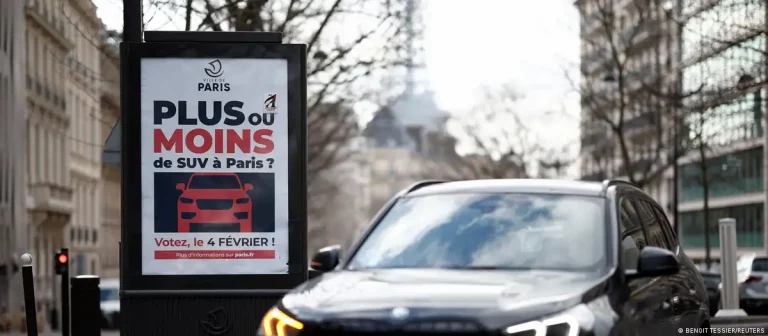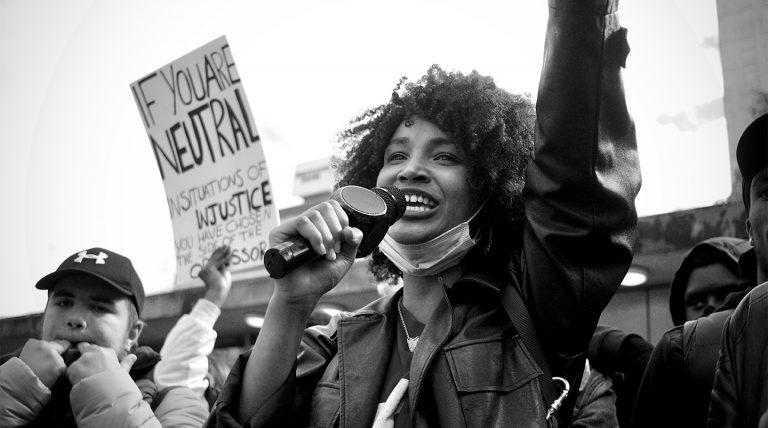Experientia talk: “Innovation in Museum Design” by Arch. Stephen Rustow
From 1983 to 1995, Rustow was lead planner, programmer and senior designer on the expansion and reorganisation of the Louvre Museum in Paris with I. M. Pei & Partners. From 1999 he led the work on the renovation and expansion of the Museum of Modern Art in New York, in association with Taniguchi Associates in Tokyo. He is now the founding principal of SRA, a specialised multidisciplinary consulting practice working with museums, private collections and architects to plan, programme and design the presentation of cultural collections.
Stephen Rustow used the MoMA and Louvre examples as illustrations of the main models in contemporary museum design:
“The one model is the idea of ‘bringing the merchants into the temple’, so bringing the retail, the restaurants, the sales, the parties to the museum in order to sustain the art activity. The other version is to take the art out of the temple and to make the temple void and to create a kind of ‘Kunsthalle’, where the museum does not exist as a repository of a collection, but as a space where shows are made and things are constantly renewed.”
“This has brought us in a contradiction. On the one hand you have examples such as the Louvre and the MoMA which are subsidising their art and art collecting activity by bringing in other cultural and non-cultural activities to the museum, and on the other hand buildings which were historically built as museum, but have essentially been emptied of their collections in order to renew themselves each time.”
At the end of Stephen Rustow’s 25 minute talk, Jan-Christoph Zoels and Yaniv Steiner of Experientia briefly presented some examples of playful and tangible interfaces and learning environments in museum and exhibition contexts.
The selected group of invitees were all people involved with museum design, museum management and cultural policy in Torino, who are now facing the challenge of maintaining the cultural and urban momentum the city gained during the recent Winter Olympics also in the years to come, especially in view of its selection as the 2008 World Capital of Design and the planned celebrations for the 150th birthday of the unification of Italy in 2011.




